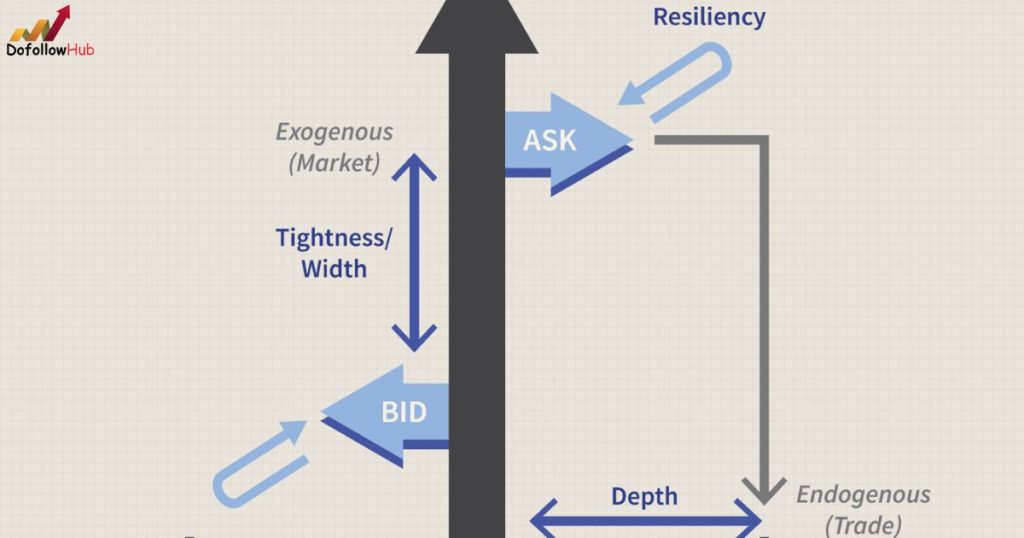Real estate is like a big puzzle piece. It’s not easy to change it into money quickly, unlike selling toys. You need time and work to sell a house or land. This makes real estate not very good for getting fast money.
Selling small toys is quick, but larger items like bicycles need more time. Real estate is like that. Selling a house or land isn’t quick, like selling toys. So, when we ask, Is real estate a liquid investment? We want to know if it’s simple to turn into money fast.
Imagine having a collection of toys. Some toys, like marbles, you can trade. Others, like a big bicycle, take more time to sell. Real estate, which means houses, land, and buildings, is similar. It’s not like marbles that turn into money fast. Selling a house needs careful planning and might take a while. When discussing real estate’s liquidity, we’re assessing its ease of cash conversion. It’s important to know because it helps people decide where to put their money smartly.
What Is Liquidity?
Imagine having a jar of marbles – some big and some small. Liquidity is a bit like that in finance. It’s about how easy it is to turn something into money quickly without losing too much value. Cash is super liquid because you can spend it right away.
But houses or cars are less liquid because selling them takes time and might get you less money. Understanding liquidity helps people decide where to put their money and how fast they can use it when needed in the big game of finances.
Is Liquidity Good or Bad?

Liquidity, the ease of turning assets into cash, isn’t good or bad. It’s like a tool that can work in various situations. Having accessible cash for emergencies or opportunities is good, ensuring you’re prepared. But, excessive liquidity can mean missed investment growth.
Being too liquid might limit long-term financial progress. Balancing liquidity based on needs and goals is key. It’s like having both quick snacks and nutritious meals – a mix of accessibility and growth is ideal for a stable and fruitful financial journey.
The Good Side of Liquidity
Having things that can become cash, like savings or investments you can sell, can be good. It means you’re prepared for unexpected expenses or opportunities. Just like having snacks ready when friends visit, liquidity gives you financial flexibility.
When Bad Turns Good
Sometimes, what seems bad can turn good. Having too much money tied up in things that aren’t easy to sell, like a house, might limit your options. Selling quickly could get you less money. In such cases, being less liquid initially might help you avoid making rushed decisions.
The Dark Side of Too Much Liquidity

While being able to use money is good, having too much cash on hand might not earn much interest, causing your money to not grow. It’s like having a cookie now instead of letting it grow into a bigger treat later.
In Investments and Business
In investments, high liquidity means you can buy and sell. But sometimes, very liquid investments might not bring big profits. In business, having lots of cash is good for day-to-day operations, but too much can mean money isn’t being used to expand and grow.
Balancing Act
Like most things, the key is finding balance. Having some liquidity for emergencies or quick opportunities is smart. But having everything super liquid might not always be the best plan. It’s like having toys to play with but leaving room to learn and grow.
Is Real Estate a Liquid Asset?
When about real estate, which means houses, buildings, and land, if it’s like a quick toy trade or a slower one, like a bike sale. This is when we ask, Is real estate a liquid investment? A liquid asset is something you can easily turn into money when you need it.
Real estate isn’t as fast as selling toys, but it’s not like waiting forever, either. It takes some time and planning to change houses into cash. So, understanding if real estate is a liquid asset helps us decide how to manage our money.
Is Illiquidity Always a Drawback?
Illiquidity, which means not being able to turn something into money, isn’t always a bad thing. Imagine having a special collection, like rare stickers. They might not be easy to sell, but their value can grow over time. Similarly, some investments, like real estate, aren’t very liquid.
But they can give big rewards if you’re patient. So, while illiquidity can have challenges, it doesn’t mean something is bad. It’s like waiting for a cake to bake – it takes time, but the delicious result is worth it.
Benefits of Illiquidity
Illiquidity, which means you can’t change something into money fast, can actually be good sometimes. Imagine planting seeds in a garden – it takes time, but then you get yummy vegetables. Just like that, some investments, like houses or special things, take time to grow in value.
Illiquidity can stop us from making quick choices and help us focus on important plans. So, even though it’s not as fast as getting pocket money, waiting for good things to grow can bring big and tasty rewards in the end.
Conclusion
In conclusion, the question Is real estate a liquid investment? Reveals an important aspect of the financial world. While real estate might not be as quick to turn into cash compared to some other investments, this doesn’t necessarily make it a drawback. Like a puzzle with larger pieces, real estate requires time and patience to transform into money. But this very feature offers unique benefits.
Illiquidity can discourage impulsive decisions, encouraging thoughtful planning and long-term thinking. Just like tending to a garden yields delicious fruits, waiting for real estate to appreciate can bring many rewards over time. So, while real estate may not offer immediate access to funds, its potential for growth and stability can make it a valuable part of a well-balanced investment strategy.








